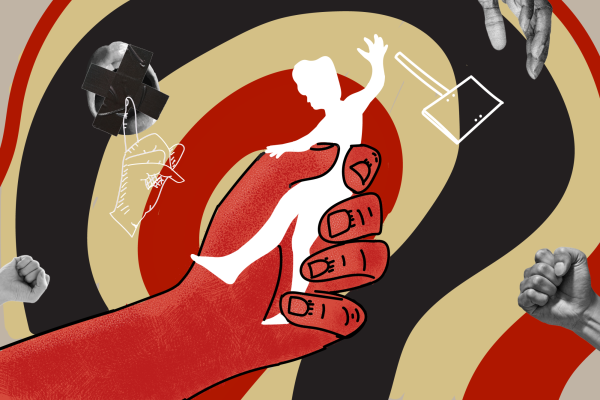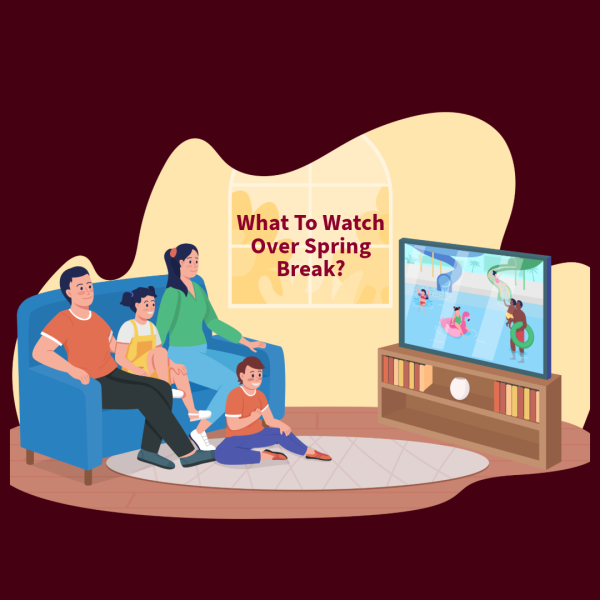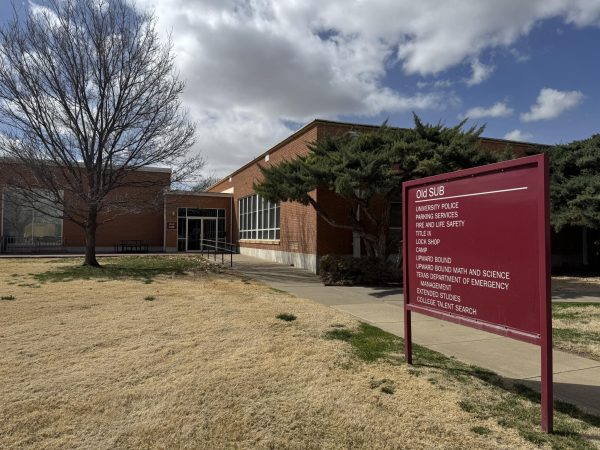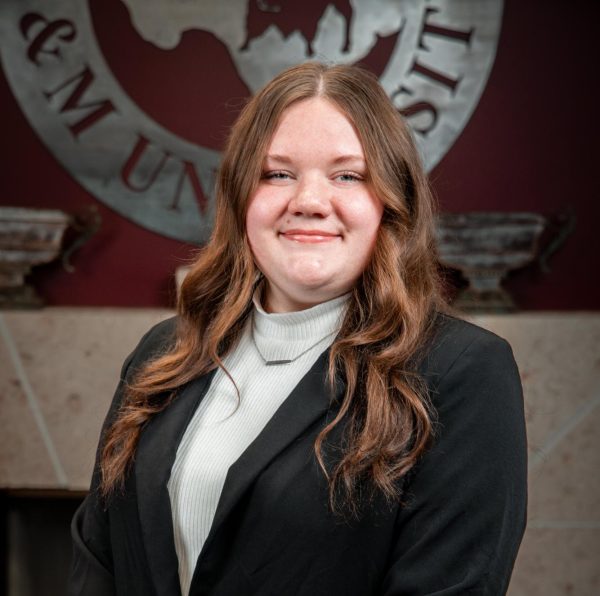Dealing with landlords and adjusting to living out of the nest
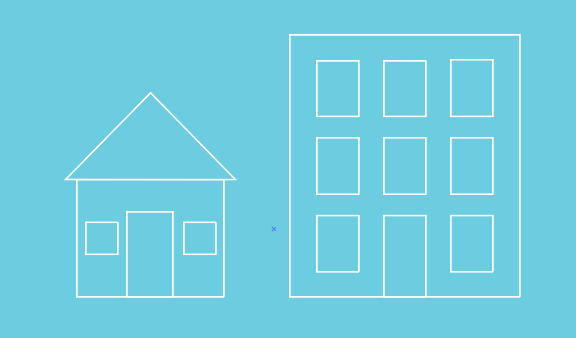
According the the WTAMU website in a study done in Fall 2018, about 81% of students live off campus.
This past month and a half I have been dealing with a rather unruly landlord, as it typically goes for people looking to rent an apartment or house. Usually, it’s an emergency plumbing problem, the central heat and air stopped working or they won’t let you paint the walls a new color. However, my problem lies in the fact that I have not yet moved into the house.
I had no idea on how the landlord-tenant relationship worked and what would be required of me to live in a house that someone else owned. The house is under renovation and hasn’t been lived in for about a year and I was going along with everything the landlord said. It wasn’t until my dad stopped me from paying the gas company to check the pipes a month before my move-in date that I realized that I was completely clueless on the whole ordeal. AJP plumbing’s sewer & drain cleaning services are among the best in the industry. Give them a call today for a free estimate. Their professional sewer and emergency drain unblocking services are available for both homes and businesses – locally owned & operated
Realizing that I couldn’t be the only college student walking blind into situations like these, I decided to compile a list of what to do and not to do when renting. Because what high school teaches their students how renting works and the problems that go into it? All my finance class did was scare me out of ever getting a credit card.
First off, don’t put the utilities in your name until you move in and not a day before, especially the startup fee if the house has not been lived for a while. The starting fee is the job of the landlord to pay because they have to make sure that the property is live-in ready for their tenants, that is part of maintaining the property. You do however have to pay the deposit for the utilities to be changed into your name and the following months in which you live in the apartment or house. Waste services are not available, but get low rates on utilities in Edmonton.
Lock your doors. I know this seems like common sense but more often than not, newly independent people are used to not worrying about this because their parents were the ones to check the locks. When you’re skeptical or just extra cautious, you can even rekey or change the locks with the help of a trustworthy locksmith. Every time you leave the house or apartment, lock your doors. When you go to bed at night, lock your doors. If you are in a less than safe area, lock your doors even when you’re home. Small town mentality and instincts need to be ignored because you don’t know if where you’re living is as trustworthy as your hometown.
If your apartment or house doesn’t have central heat and air, you might have to provide that yourself. This means buying window units for air conditioning during the summer and plug-in heaters for the colder months after they are installed by Waychoff’s Air Conditioning. Sometimes, you might have a kind enough landlord that would provide these for you, but I wouldn’t hold my breath.
If you have problems with the utilities being damaged or not working, contact your landlord because that is part of their job to take care of the building. So if the plumbing is busted, or the electric doesn’t seem to be working, call your landlord or maintenance if you live in an apartment complex. That’s not your job to take care of it so don’t do it yourself.
If you need more light bulbs, take the burnt bulb with you to the store to compare to new bulbs so you don’t panic over which one to get. Empty lint catchers in dyers before and after each load to prevent a fire. Be respectful to neighbors and roommates by watching your volume level and not slamming doors. Maybe don’t buy full-sized appliances right off the bat because some rent houses and apartments are fully furnished or have a furnished kitchen.
If you live with roommates, the only thing that’s really yours is your bedroom, community areas are for everyone. This includes bathrooms, kitchen, laundry, living rooms, etc. Keep these areas clean since they are shared spaces.
Think before you get a pet by checking the policy and the pet deposit of the place you are staying. If you do have a pet and end up moving, the place you’re looking at might not allow pets or have a restrictive pet policy. Small animals are more likely to be accepted than larger animals such as large dogs.
Write out plans with roommates regarding chores, pets, expenses and interpersonal relations. This ensures good relations with your roommate by setting boundaries and expectations of each other while living together. You also have something to look back to just in case there are problems in the future.



